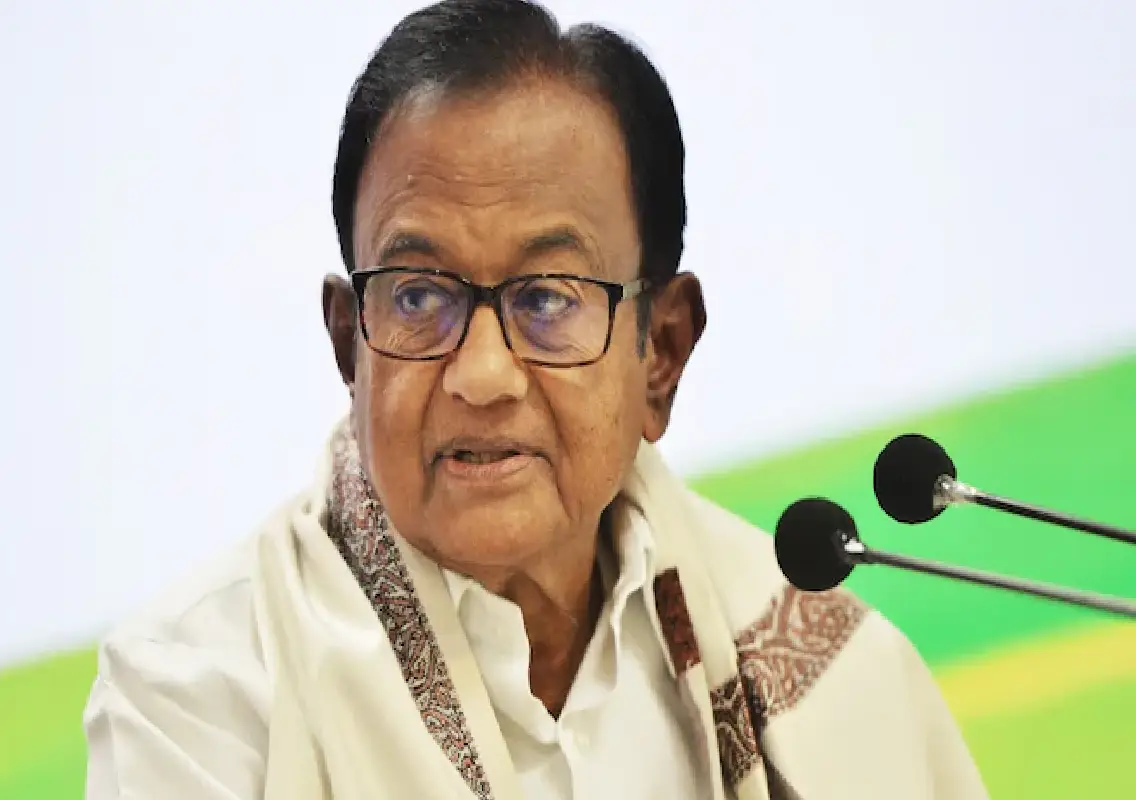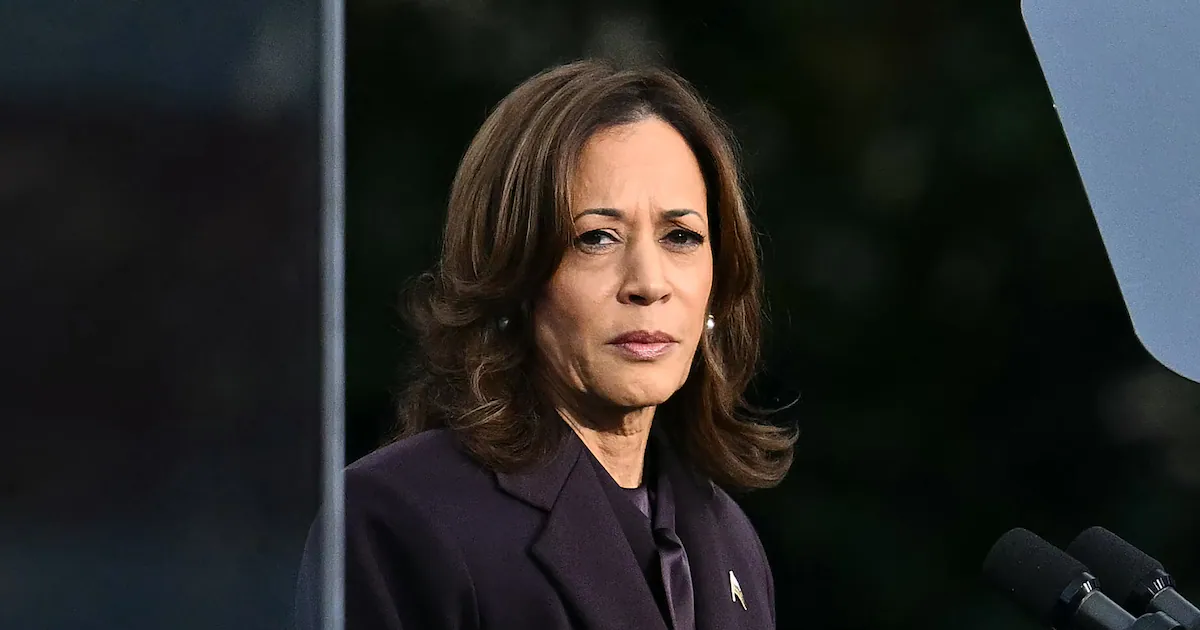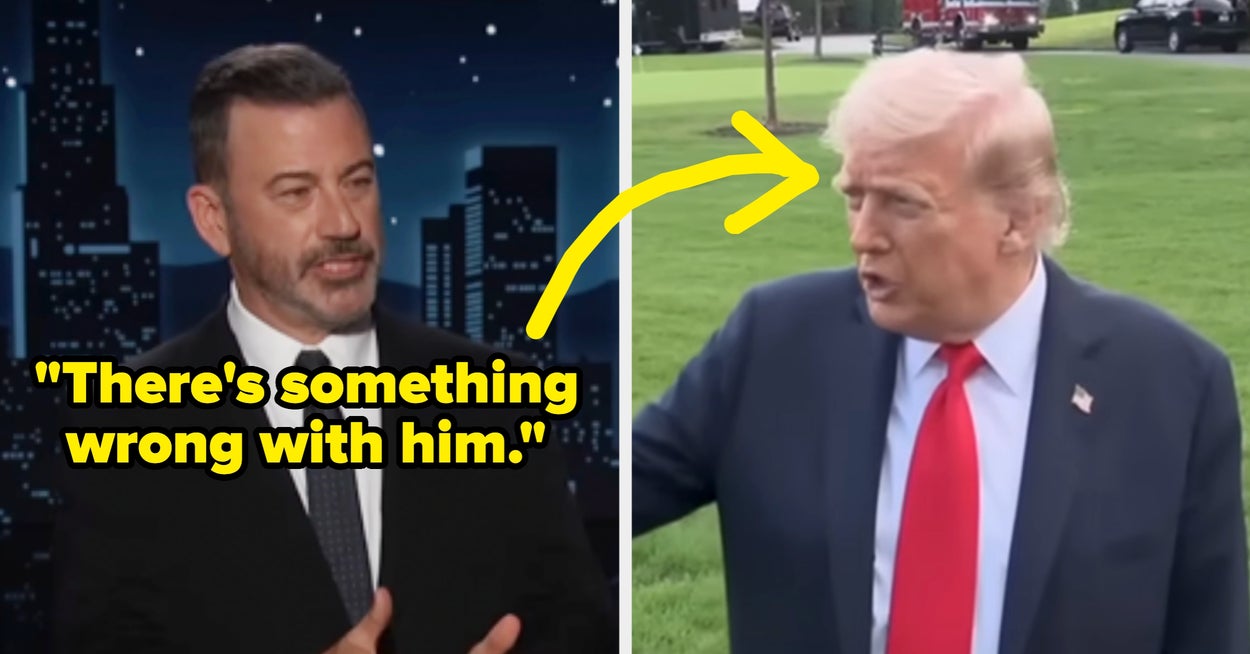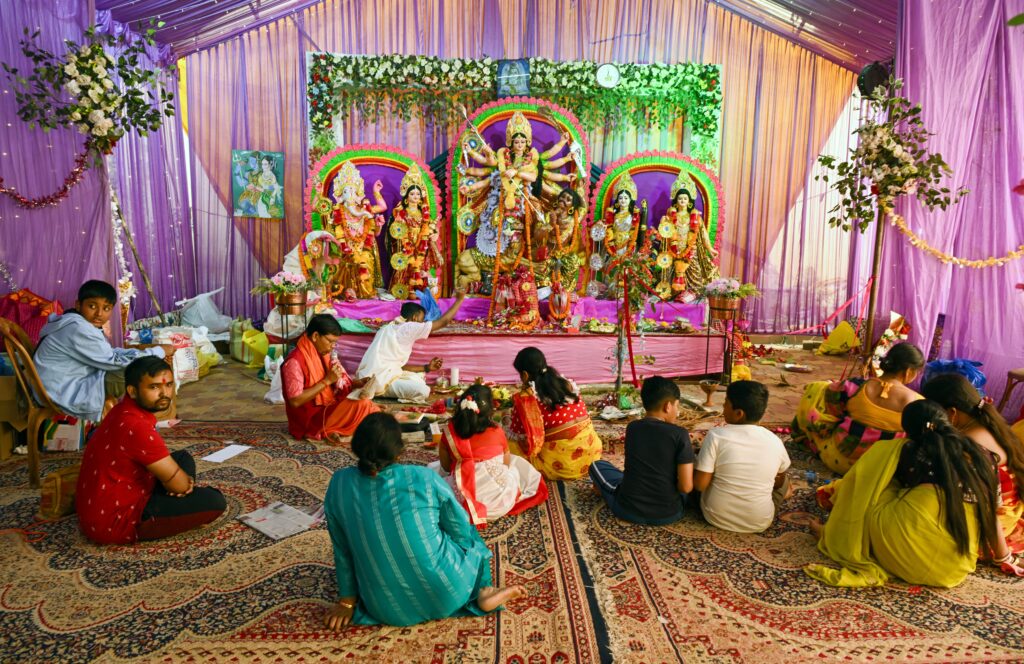By News Karnataka Editorial Team
Copyright newskarnataka

NEW DELHI: Former Union Home Minister P Chidambaram has revealed that India had considered military retaliation against Pakistan following the 26/11 Mumbai terror attacks, but international pressure, including direct intervention by the United States, influenced the decision to hold back. His admission has sparked a sharp response from the ruling Bharatiya Janata Party (BJP), which has accused the Congress-led UPA government of “mishandling” the crisis.
Chidambaram recalls US intervention after 26/11
In an interview with a Hindi news channel on Monday, Chidambaram said that in the immediate aftermath of the 2008 attacks, the government weighed the option of a military strike. However, top global leaders, including then-US Secretary of State Condoleezza Rice, urged restraint.
“Two or three days after I took over, Condoleezza Rice came to meet me and the Prime Minister (Dr Manmohan Singh) … to say ‘please don’t react’. I said this is a decision which the government will take. But an act of retribution did cross my mind,” Chidambaram said.
He added that the Prime Minister discussed the option of retaliation even while the attacks were still underway. “The conclusion, largely influenced by the Ministry of External Affairs and the IFS, was that we should not physically react to the situation,” he noted.
The 26/11 attacks, carried out by Pakistan-based terror group Lashkar-e-Taiba, claimed 175 lives in Mumbai across multiple locations, including the Taj Mahal Palace hotel and Chhatrapati Shivaji Terminus.
BJP attacks Congress over ‘foreign pressure’
The BJP seized upon Chidambaram’s remarks, with Union Minister Pralhad Joshi posting a clip of the interview on social media platform X. “After 17 years, Chidambaram, Former Home Minister admits what the nation knew – 26/11 was mishandled due to pressure from foreign powers. Too little, too late,” Joshi wrote.
BJP spokesperson Shehzad Poonawala also took aim at the Congress, questioning the role of party leadership. “Why was the UPA taking orders from Sonia Gandhi? Why did she prevail over the Home Minister?” he asked, while linking Chidambaram’s revelation to other decisions involving Pakistan during the UPA era.
Links drawn to Operation Sindoor debate
Chidambaram’s statement has also been connected to the more recent political sparring over Operation Sindoor, India’s military campaign earlier this year in response to the Pahalgam terror attack. The campaign, which saw precision strikes on terrorist camps across Pakistan and Pakistan-occupied Kashmir, triggered retaliatory drone and missile attacks from Pakistan in the fiercest conflict between the two countries since 1971.
In that context, the BJP has consistently denied claims of third-party intervention in the May 10 ceasefire that followed nearly 100 hours of conflict. While US President Donald Trump has publicly said he “sure as hell helped” negotiate the ceasefire, India has maintained that it was the result of direct talks between the Indian and Pakistani military leadership, without any foreign mediation.
Chidambaram’s candid admission about foreign influence during the 26/11 crisis has reignited the political debate over the UPA government’s handling of terrorism and relations with Pakistan. For the BJP, the revelation has provided fresh ammunition to target the opposition, while the Congress is likely to face renewed questions over its crisis management decisions. Against the backdrop of recent military operations like Operation Sindoor, the issue has once again underscored the sensitive interplay of foreign policy, security, and domestic politics in India’s response to cross-border terrorism.



